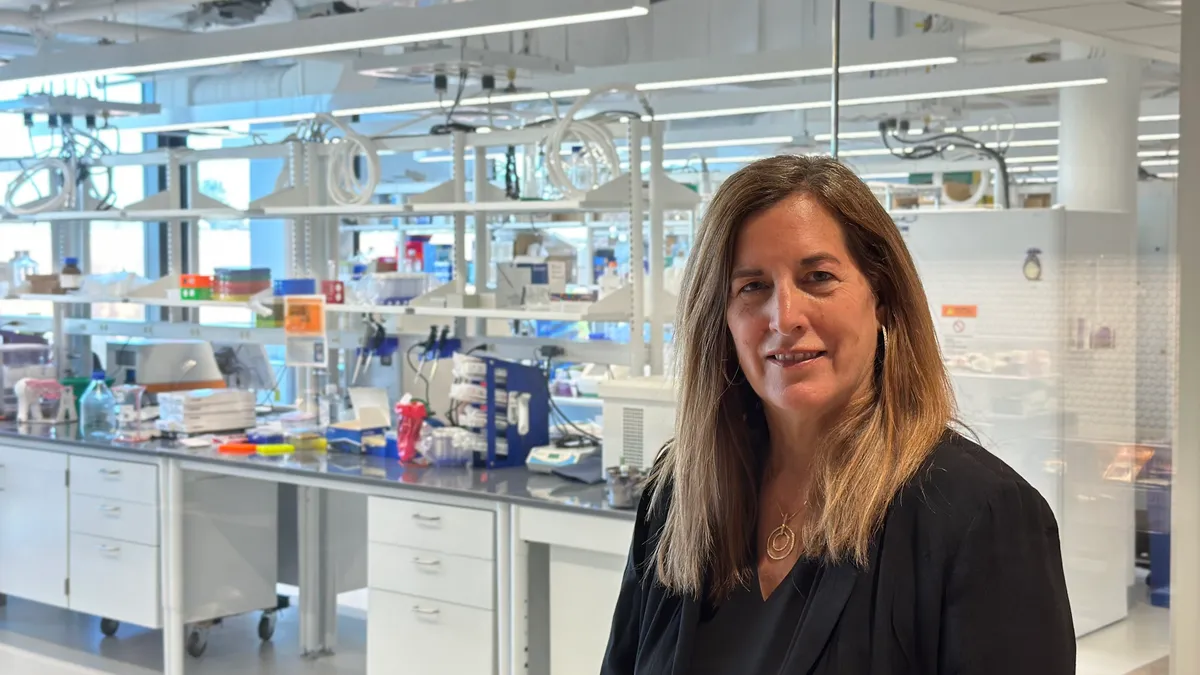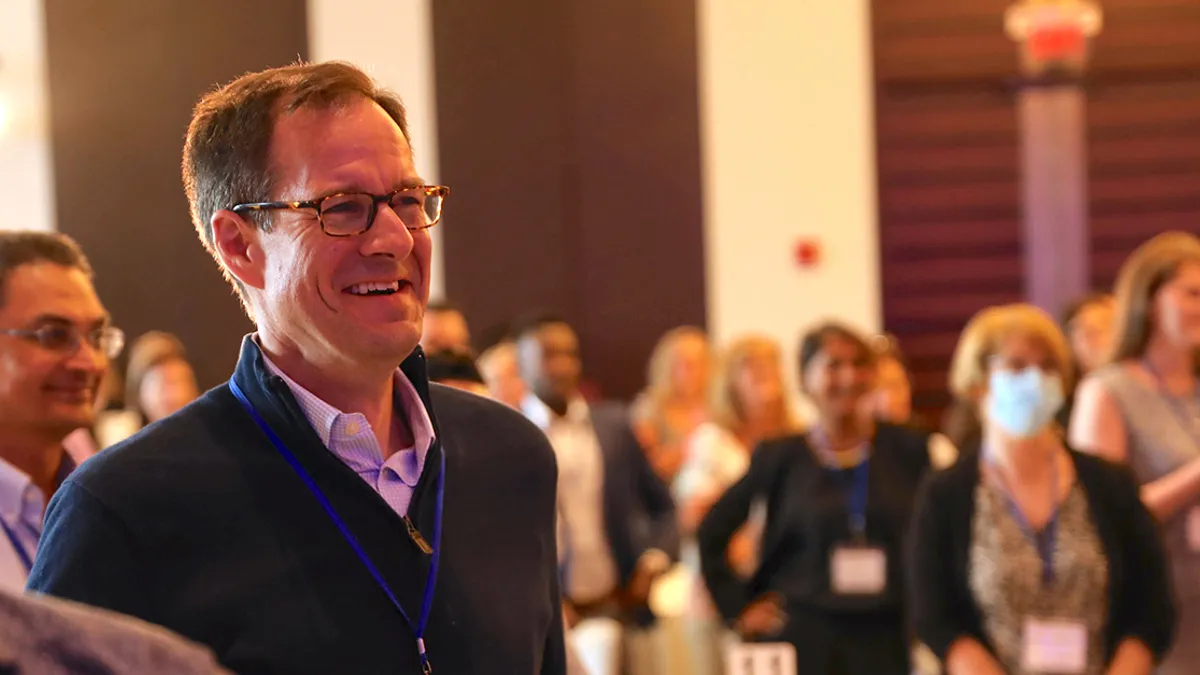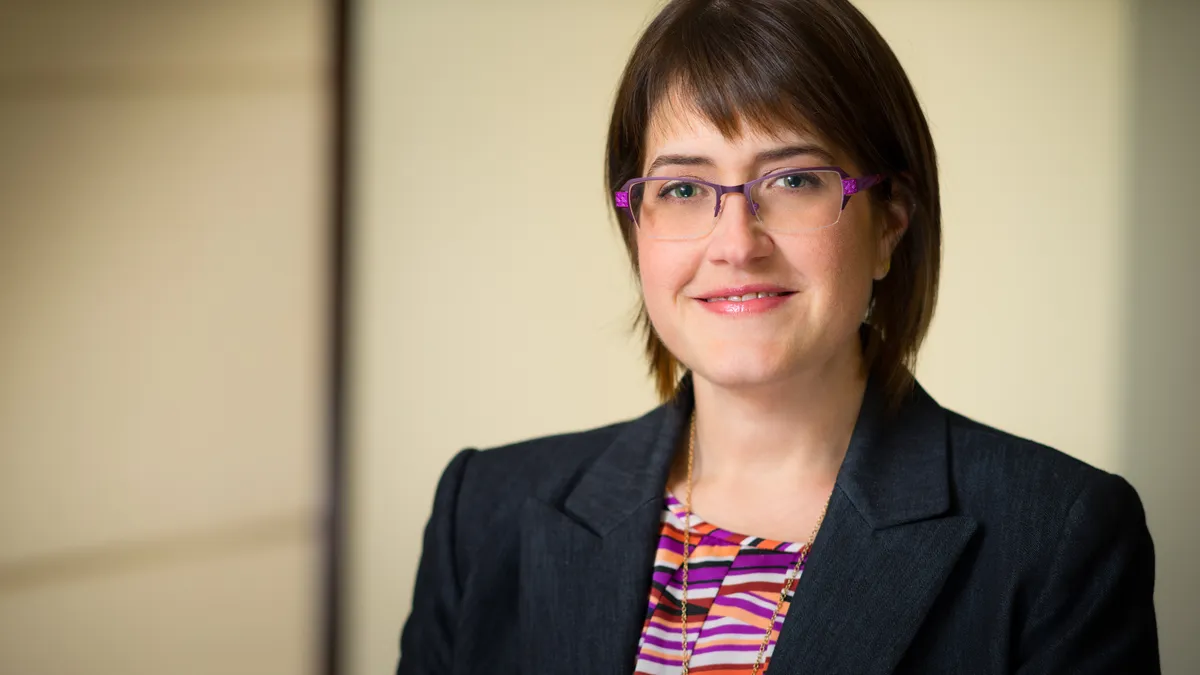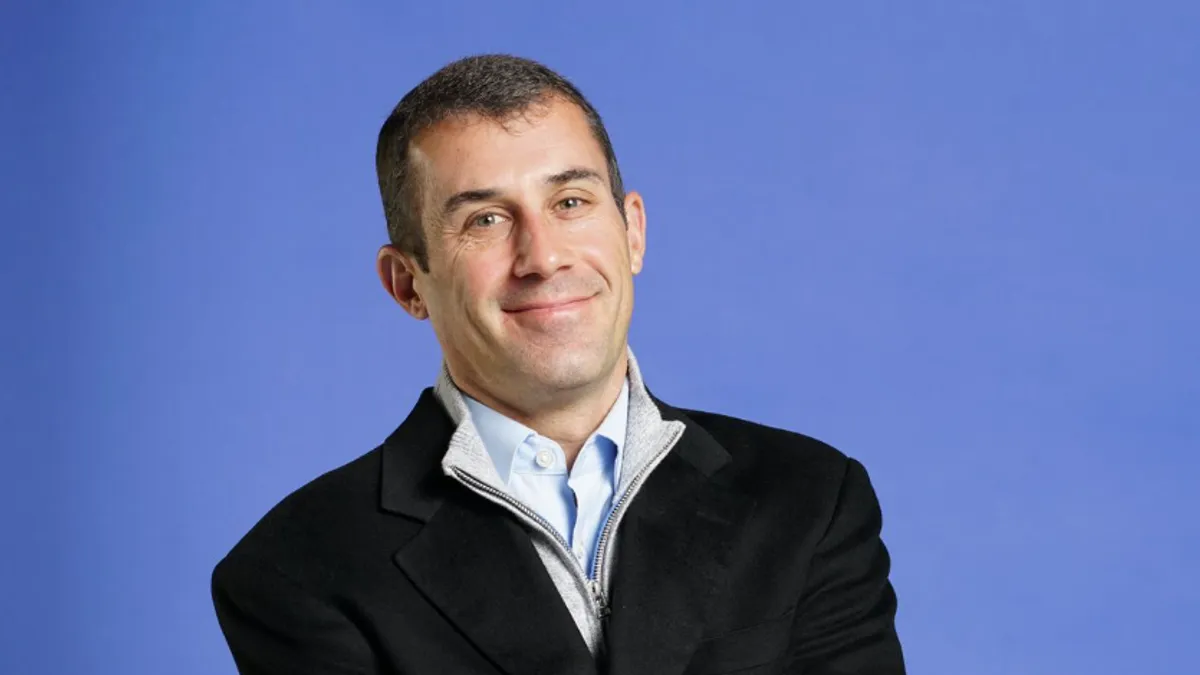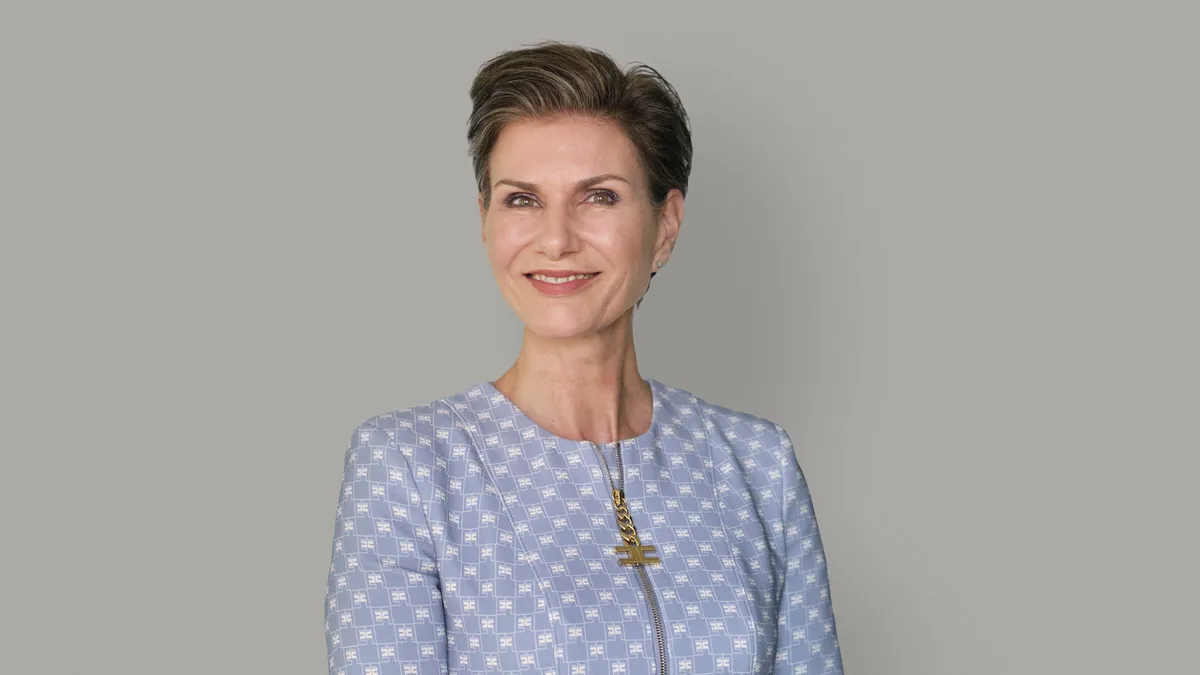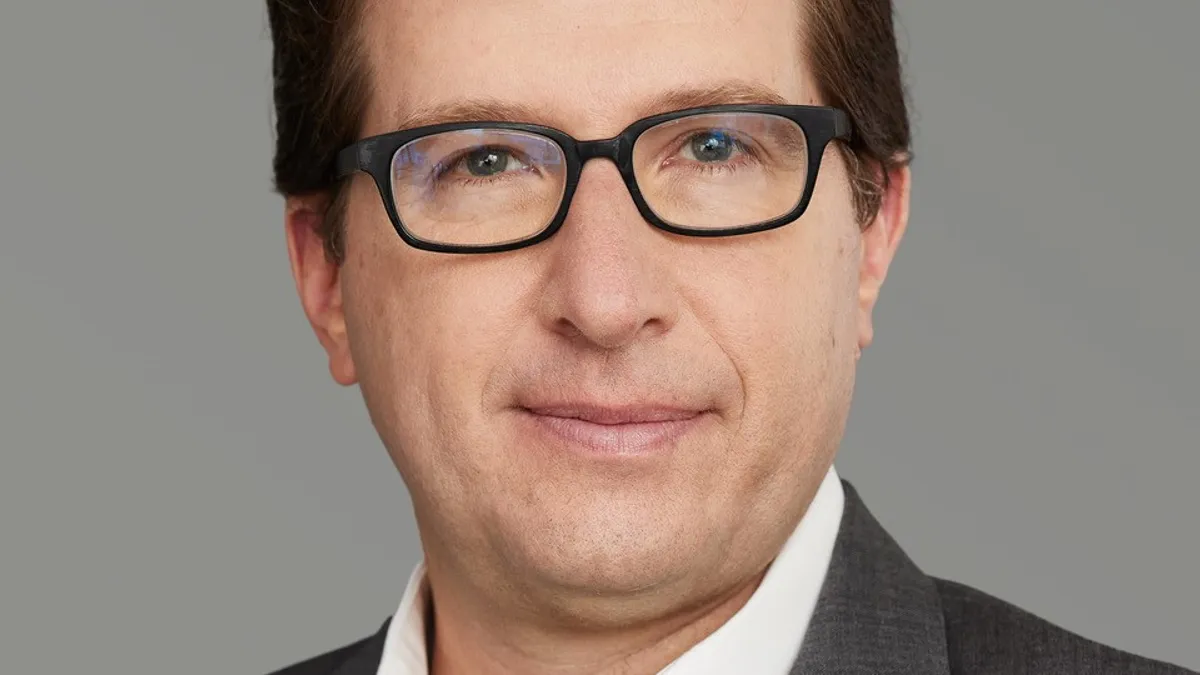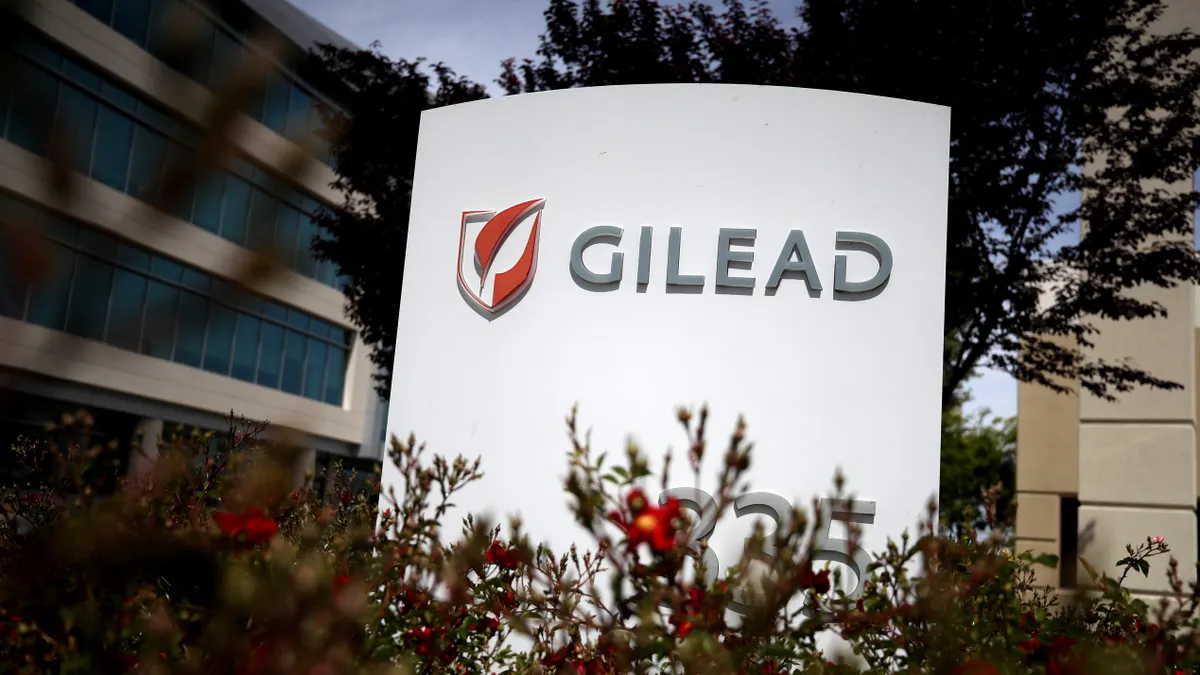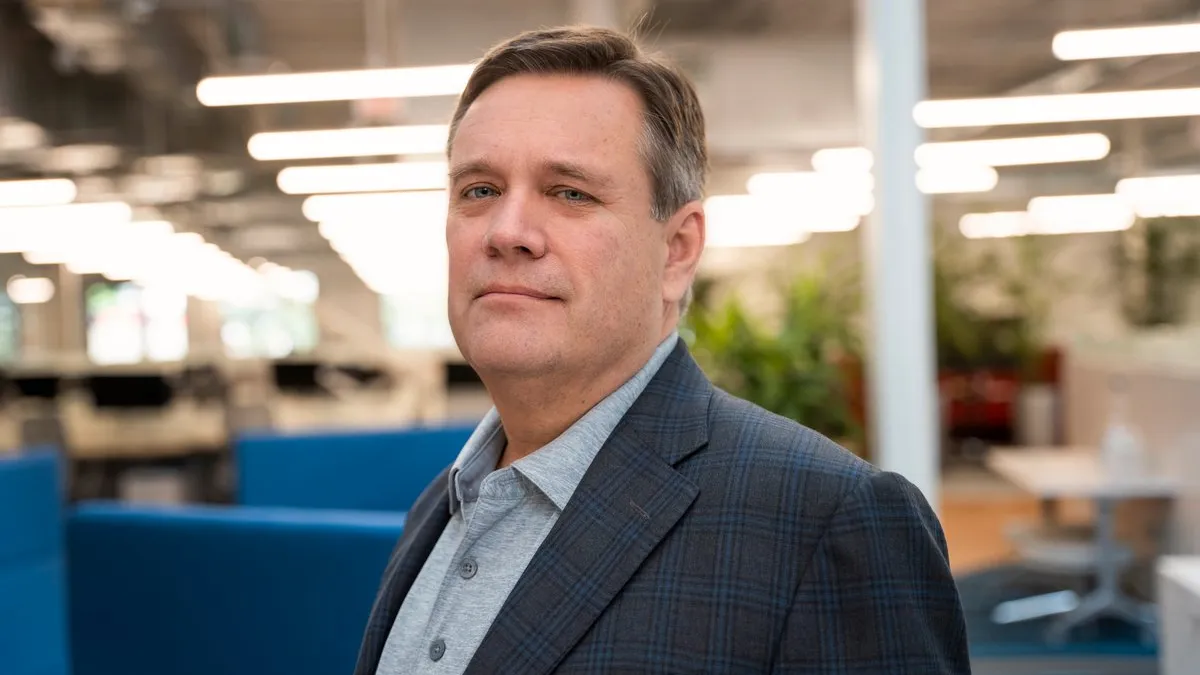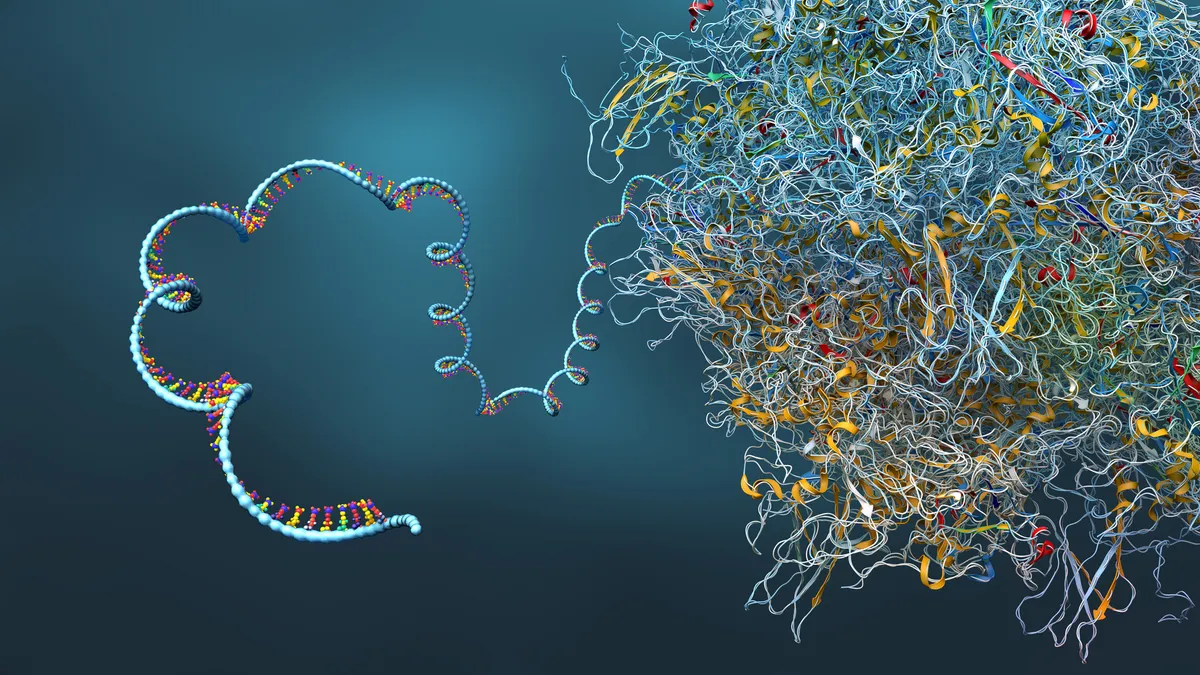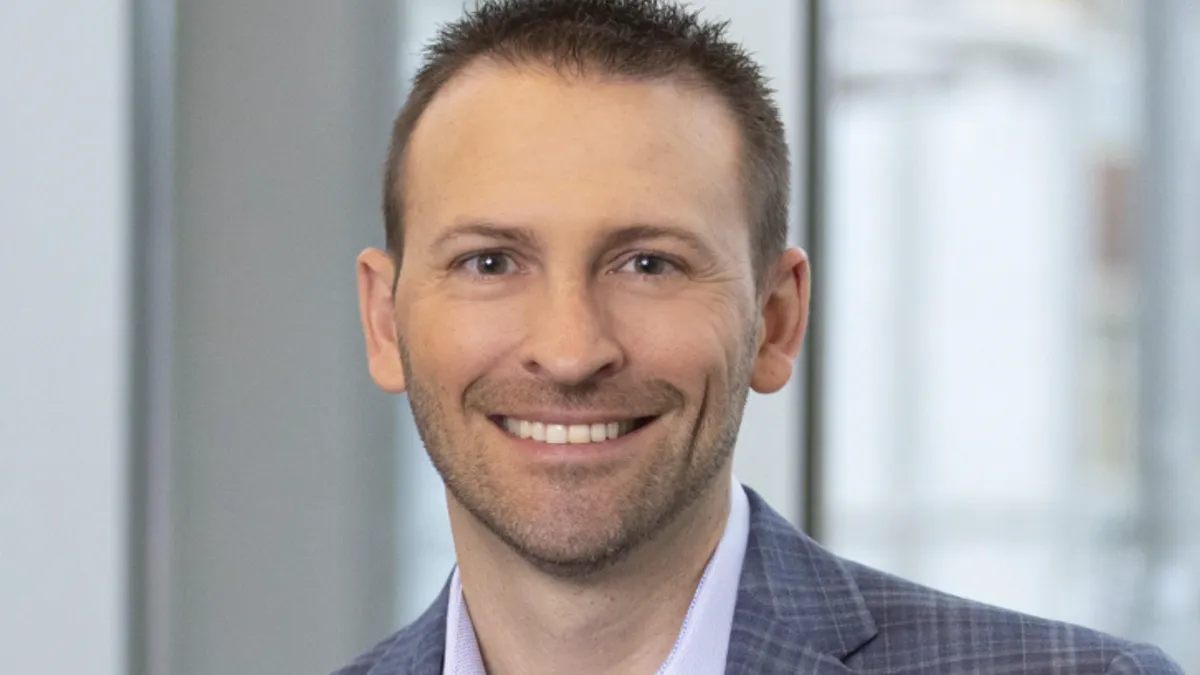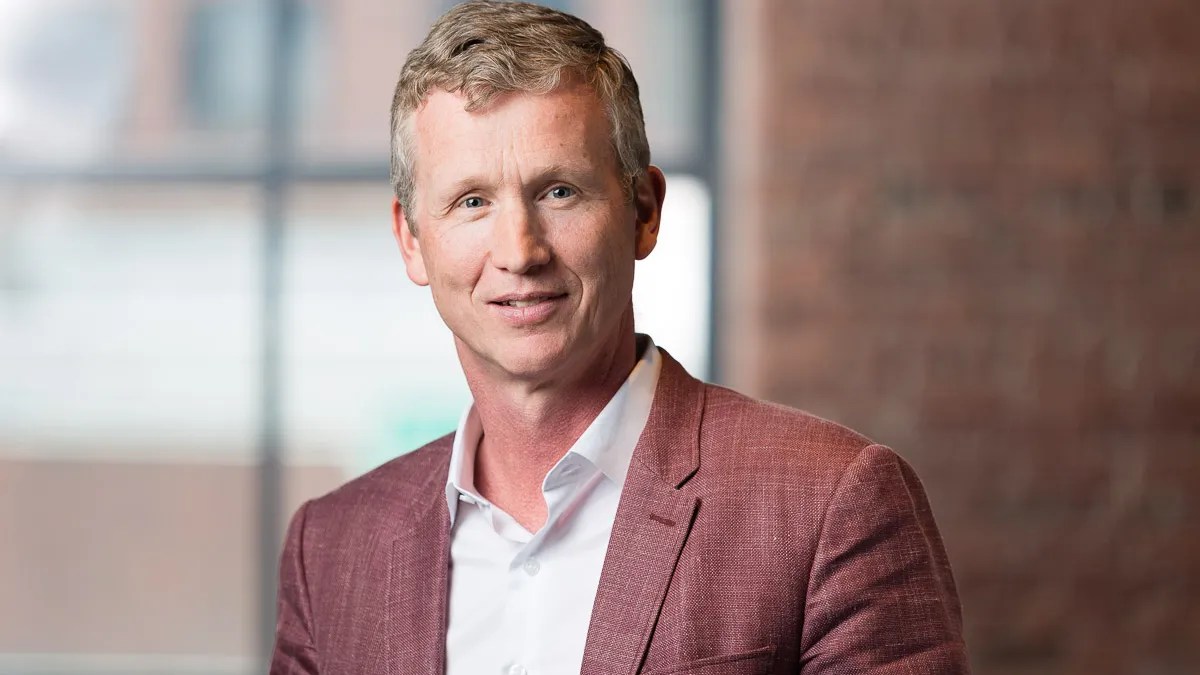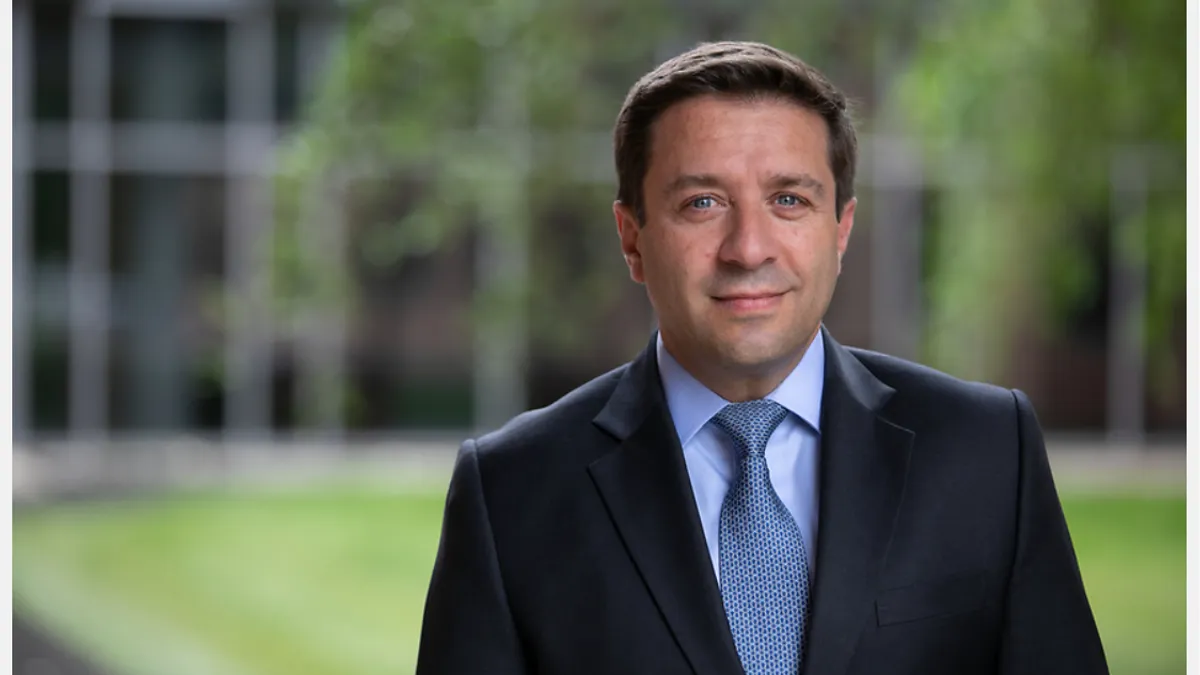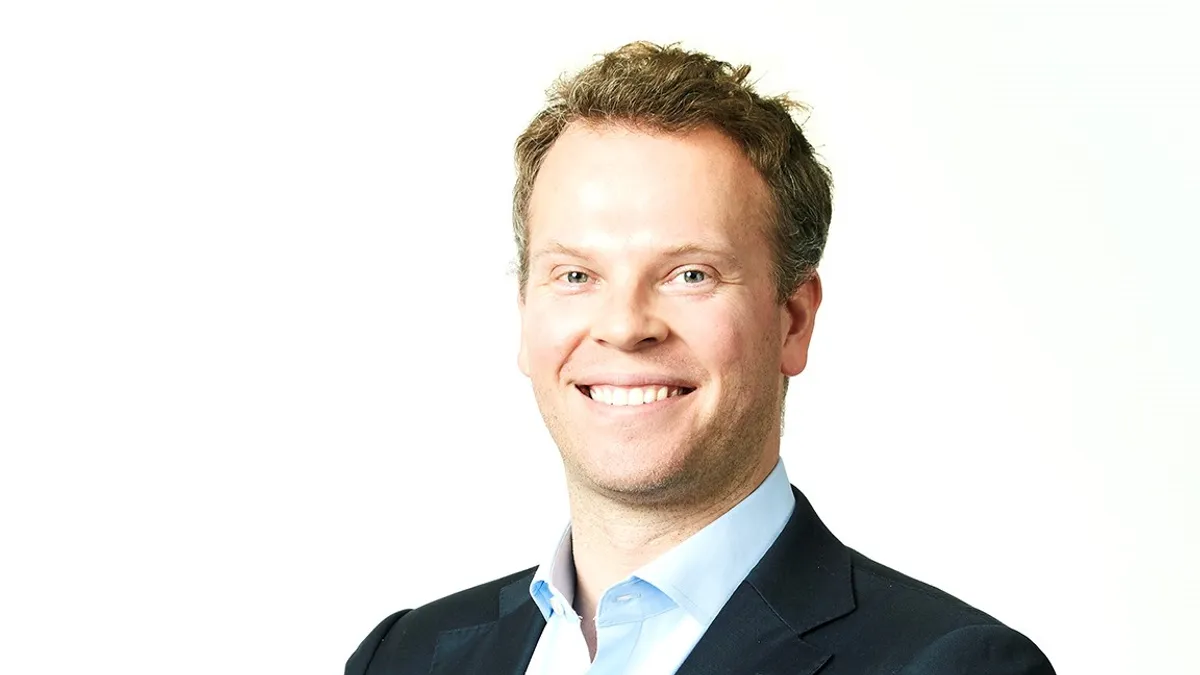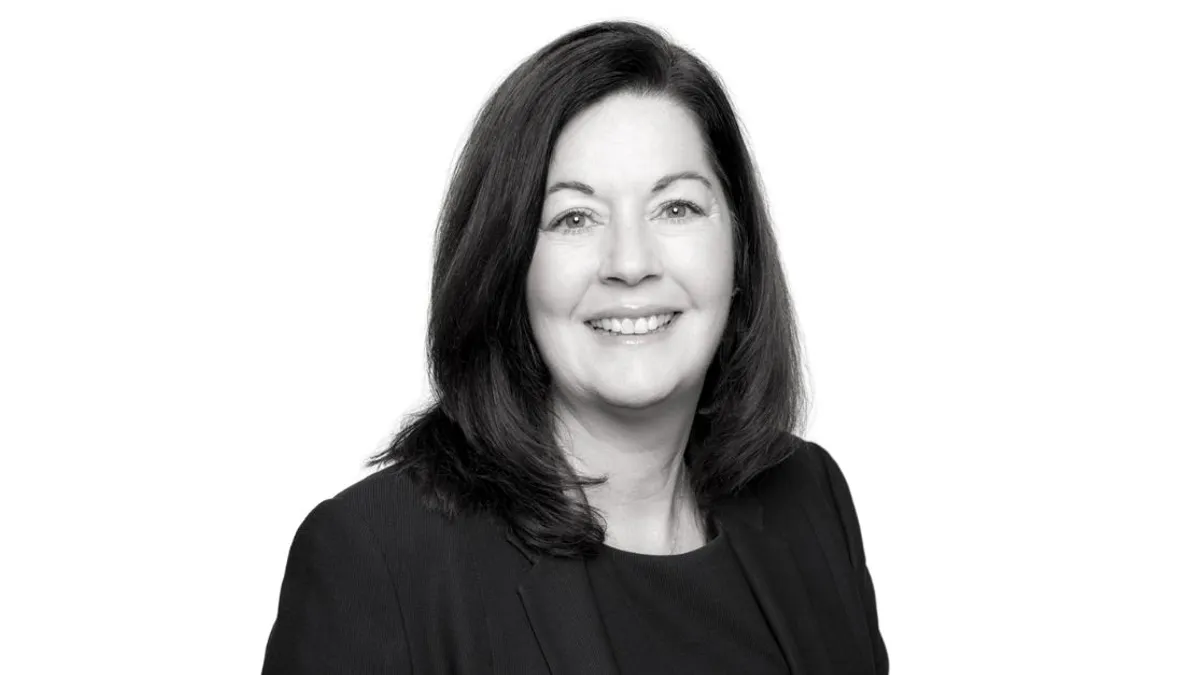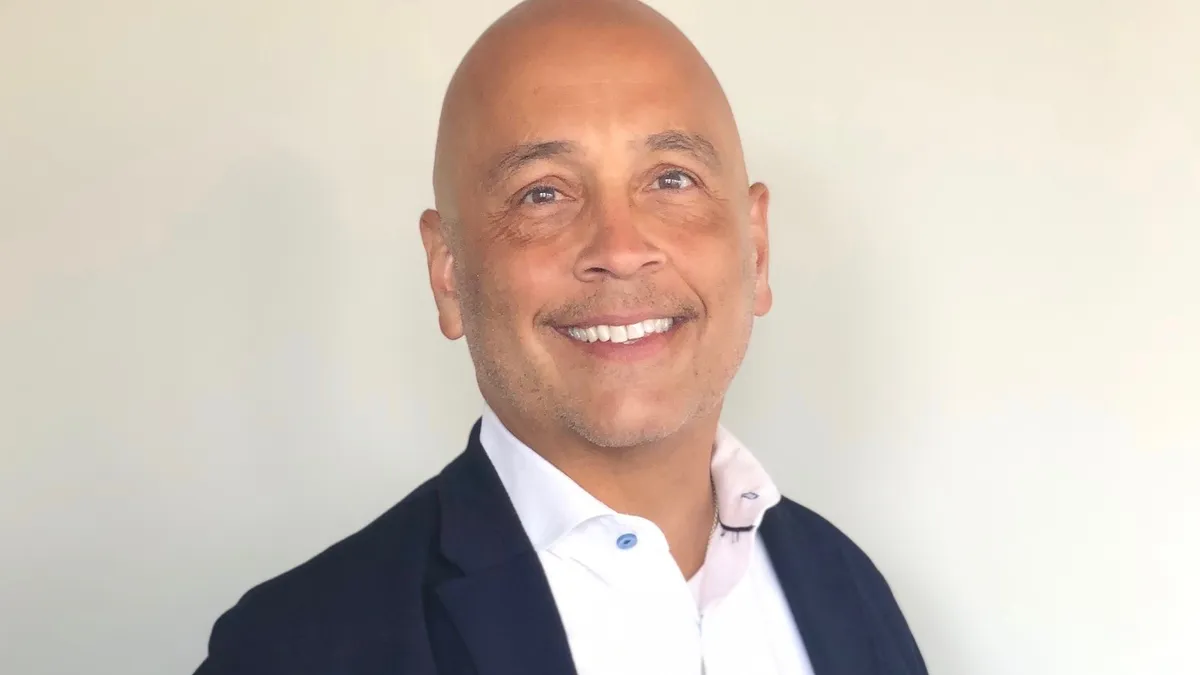Welcome to First 90 Days, a series dedicated to examining how pharma executives are planning for success in their new roles. Today, we’re looking at Entact Bio’s CEO, Victoria Richon who stepped into the role to help the company, which launched in December, develop novel precision medications aimed at enhancing beneficial proteins to treat disease.
Guiding a young, groundbreaking company to maturity calls for a leader who can strike the right balance between oversight and support. Victoria Richon is hoping to provide just that as the new CEO of Entact Bio, a preclinical biotech that came out of stealth in December.
Richon, who began her career as a scientist is no stranger to trailblazing leadership roles. She most recently served as founding president and CEO of Ribon Therapeutics, leading the development of multiple first-in-class drugs. Before that she had stints at Sanofi, Epizyme and Merck & Co.
“This is my fourth biotech where I’m taking it from a very early stage and building the company. I love that part of drug discovery and taking new ideas and moving them forward,” she said.
Fueled by $81 million in series A funding, Entact is aiming to create precision medicines that can repair and enhance beneficial proteins to restore cell health. Although the company has not named any specific disease targets, the technology could lead to treatments for an array of illnesses including cancer, or those involving the central nervous system, inflammation or conditions caused by variations in a single gene.
"We have an opportunity to open up a new way to think about drug discovery."

Victoria Richon
CEO, Entact Bio
Scientists have long worked to develop drugs to address problem proteins, but the focus has primarily been on inhibiting overactive proteins — not giving good ones a boost. This approach has left treatment gaps. Entact is looking to change that by designing small molecule drugs called enhancement targeting chimeras — or ENTACs — developed with its proprietary Encompass platform. The goal is to manipulate enzymes known as deubiquitinases, or DUBs, which help regulate protein function using a molecule called ubiquitin. Entact hopes to use this modality to achieve three reparative tasks to combat disease — either increasing the number of target proteins if they are lacking, moving proteins that are in the wrong place, or bumping up activity in deficient proteins.
The company will have competition. Stablix and Vicinitas Therapeutics, two preclinical companies, are also working on disease-modifying therapeutics using DUBs. But Entact is banking on its Encompass platform and top-tier scientists to give it a competitive edge. And there’s plenty of room in the burgeoning space for multiple approaches.
“We don't have all the drugs that we need or therapies that we need in order to really impact disease. So, I think this is an opportunity to impact patients’ lives,” Richon said.
Here, Richon discusses how she plans to help position the company to break new ground using its novel approach.
The conversation has been edited for brevity and style.
PHARMAVOICE: How will your experience help you in your new role?
VICTORIA RICHON: I've spent my career working on novel drug development and also in building teams. This opportunity takes everything I've done in the past and compiles it into this new opportunity. It’s a startup, it's working on a novel concept that's a new modality as well. And so, it's applying all that opportunity to build a new company.
What do you enjoy about leading an early-stage company?
Taking a scientific idea and making it into something that's going to impact patients’ lives. That's really exciting. The other thing that's at the heart of it is building teams. I love putting teams together and building teams that can then take on this challenge. This is not an individual sport. And doing novel drug discovery requires a very special team as well.
How would you describe your leadership style?
It's all about a great combination of working individually with people to be able to make them shine and being able to encourage them, as well as having enough support and oversight. I believe in a very strong, transparent culture within a company, so communication is very important. The team is at the heart of being able to make discoveries. So how do we create a culture that can enable the team to make those discoveries? It's combining different skill sets and empowering them to be able to make discoveries.
What would you like this company to ultimately achieve?
It’s very early, but we have a strong vision that's unified with our founders as well as our investors, and the team here. We have an opportunity to open up a new way to think about drug discovery. Rather than inhibiting targets, we’re looking to take proteins that are beneficial and make them work again. The vision is that we'll be able to open up a new space of drug discovery and design.
Why has the approach historically been on inhibiting proteins?
It's not that people haven't been looking for agonists, gene therapies or other approaches, but it's the advent of understanding this post-translational modification of ubiquitin, understanding the enzymes that carry that out. And also advances in the field for proteins that are degraders have enabled this to be the next-generation drug. PROTACs (another type of drug in development) are a similar concept, where instead of removing the ubiquitin, they're adding the ubiquitin, causing the proteins to be degraded. So, in essence, inhibiting again. By using the same technology, we're able to bring the enzyme that removes the ubiquitin to the protein. This is the next phase of this approach.
What do you think some of the biggest challenges are going to be for the company as it moves ahead from this point?
Whenever you're working in novel biology there's a lot of science you need to uncover and persistence you need to have to move the programs forward. But that is (a) great opportunity. Because of the large target space, I'm very confident we'll be able to build a very strong pipeline moving forward. We’re also building a very strong platform that’s going to have the enabling technologies so that we'll be able to overcome those hurdles and challenges that arise.


